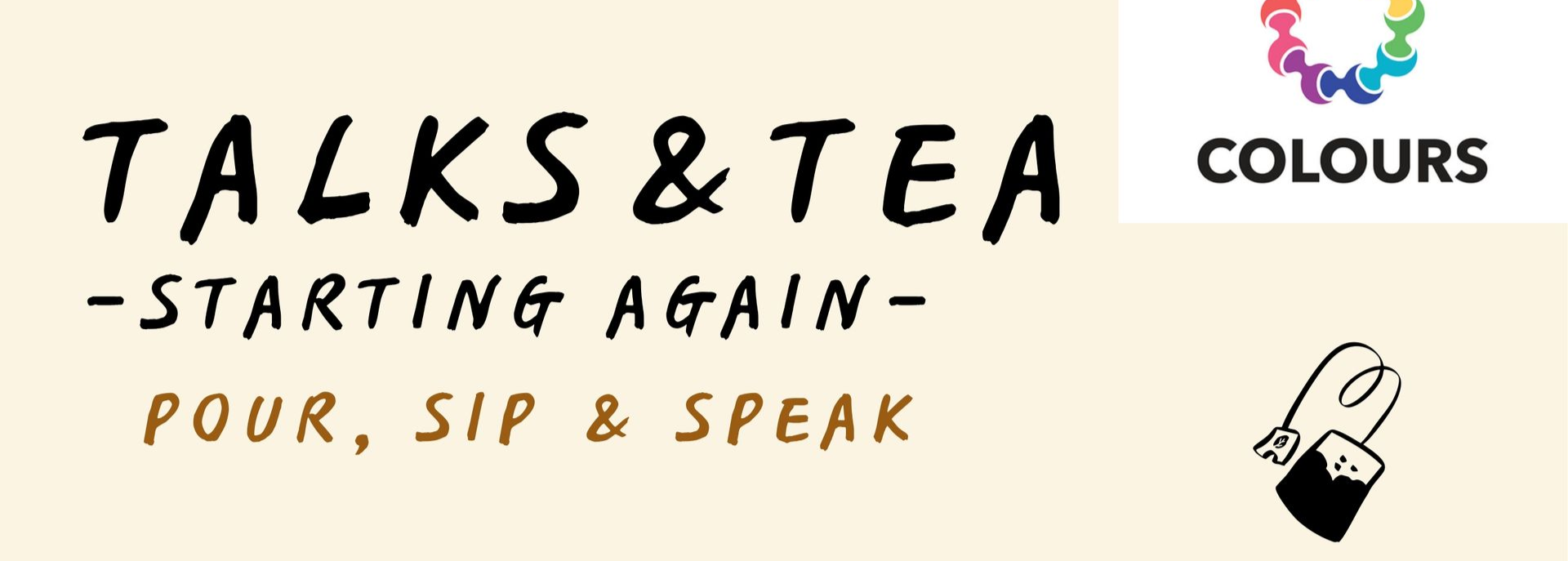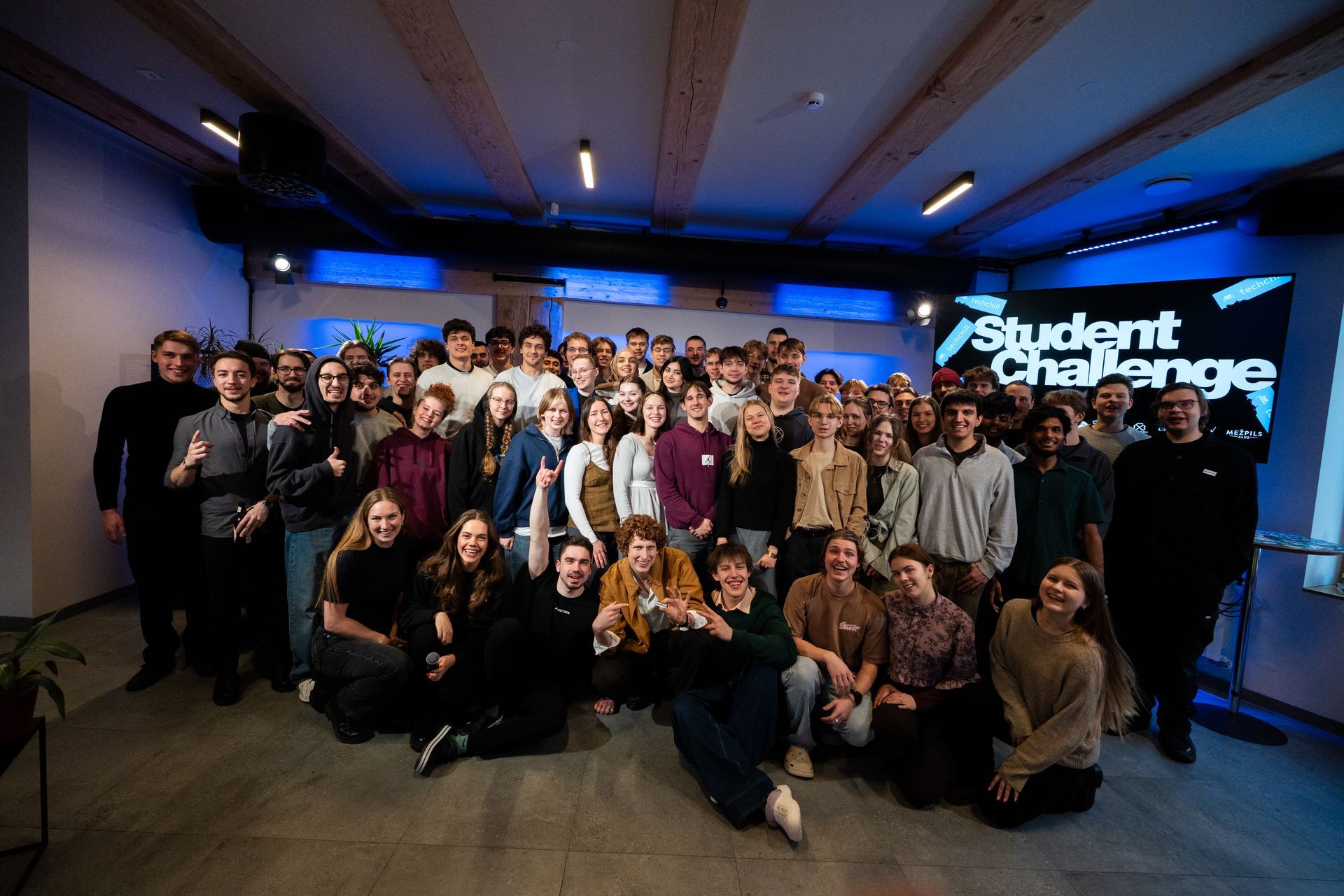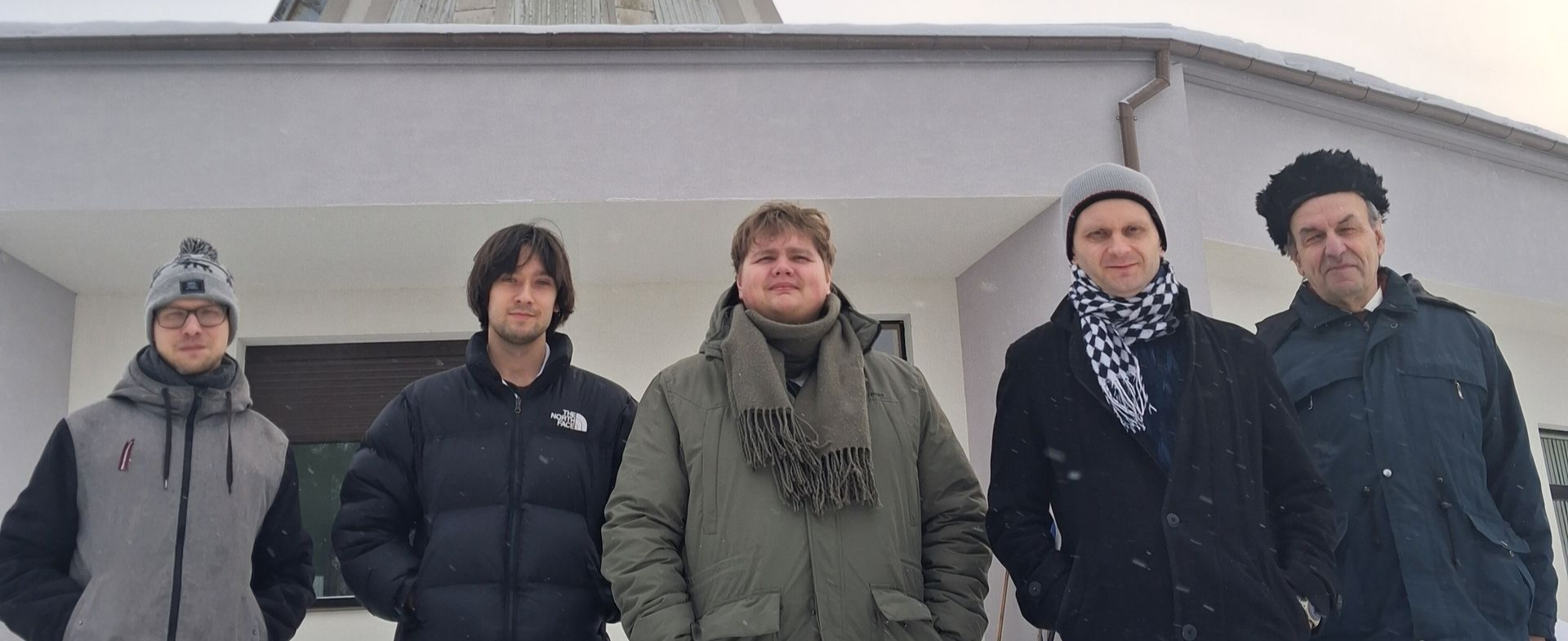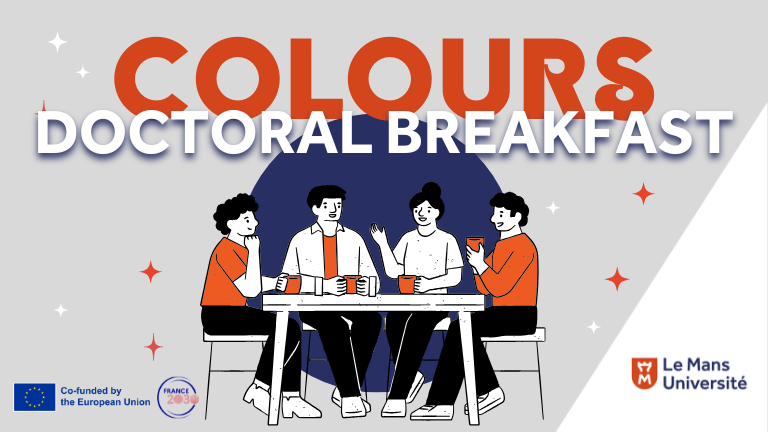Jesus Montes: fulfilling the dream – participating in Latvian Song and Dance Festival
In an interview a year ago, Jesus Montes mentioned that his dream is to participate in the Nationwide Latvian Song and Dance Festival. This year his dream came true – he took part in the festival both as a dancer and as a member of the choir. We invited Jesus to an interview so he could share his experience.
What did you choose to do folk dance? For how long have you been doing it?
I started to dance while I was in university which is a long time ago. I started with Mexican folk dance, then when I moved to Croatia – I did Croatian folk dance. I came here in October 5 years ago and in November, I was already practicing Latvian folk dance in “Strautuguns”. That means I have already been dancing Latvian Folk dance for almost 5 years.
If you want to get to know the country that you are living in, the best way to do that is to go to the roots. The roots of any nation are folklore and traditions. When you are in a foreign country, you have 2 options on how to live and enjoy the place - the first one is to be a permanent tourist, and the second option is to integrate into the society which is what I chose to do.
How were the rehearsals at the festival?
All the time were rehearsals – in the morning, in the evening, sometimes even at night… all the time were rehearsals. Sometimes we had to get up at 6.30 to have breakfast because around 7.20 we had to leave for the rehearsals which started at 8.00. When you get to the rehearsals, you practice dances several times – one simple dance that you already know, could take up to 30 to 40 minutes just so everyone could get it right.
What is your relationship with the Latvian language? Wasn’t that a barrier in the rehearsals?
It has always been a barrier, because even in “Strautuguns” all instructions are in Latvian, and I don’t understand any of them! I have a lot of experience in dance which helps me to learn new movements more quickly as I see them and just have to try to repeat them. Sometimes I am doing something wrong, but my colleagues just correct me.
At the festival, I just had to go with the flow. You cannot just say: “Hey, give me a translation, please!”
I have also been singing in a choir called “Līvzeme” for 1,5 years. In the last concert in Mežaparks, I started the concert in the choir, sang 5 or 6 songs and then I went down to the stage and joined “Strautuguns”. Participating in the choir, I don’t know what I am singing, but it is really helping me to get the pronunciation right and understand how the Latvian language works. Maybe, in a couple of years, the interview will be in Latvian!
Did you observe any other concert or event?
No, I couldn’t. With “Strautuguns” I had a performance in the Daugava stadium, additionally, we had the privilege to participate in the Mežaparks concert on Sunday. Also, we had 2 concerts called “Balts” in Arena Riga. We left Ventspils on Friday because during the weekend we had rehearsals for the concert “Balts”, then we had to practice for the grand finale concert in Daugava stadium which was on Saturday, between those rehearsals, we had to practice for the Mežaparks concert.
In some moments we had a little window of time, we used that time to go to some museums but nothing else.
What were your expectations before going to the festival?
As I said, I have been practicing dance for several years and I have been to many concerts and festivals. I thought this one was going to be something similar. I had seen several videos before on YouTube and it just looked like there were a lot of people, but one thing is seeing the video and another very different is being there observing the performance. Seeing a video is nothing compared to when you are doing it and living in the event.
What emotions did you feel in the Grand finale concert in Daugava stadium?
There are many emotions. You can have the knee almost broken or the ankle sprained so that you cannot walk, but you still say “I will dance it!”. I saw several dancers who, unfortunately, needed medical attention. One person ended up with crutches. For us dancers, I think the most painful thing is not the physical pain but the pain that you have waited 5 years to dance in this festival, but in one rehearsal the opportunity to dance is taken away.
When you end the performance, you listen to applause – the first applause is from the public when the dance ends and you are leaving the field and the second set of applause is for the thousands of dancers who are waiting to go on the field. That is fantastic! In the end, I felt Latvia in my heart, and still do.
The festival is one of the most impressive experiences that I have had in my entire life!
If you will have a chance – will you do it again in 2028?
Protams (Of course)! That is not even a question. I hope that I can do it because, unfortunately, I have minor problems with my knee. From time to time it can be painful. In the last part of the concert, we had to dance on a slope and the pressure on the legs was different compared to dancing on flat ground. Right before I entered the stadium, I thought to myself “If the knee has to get broken, let’s get it broken if it’s necessary for me to dance”.
What do you wish for Latvians?
You need to experience the festival, but most importantly you need to be proud of that kind of event, culture, and traditions. It is fantastic and absolutely unique.
Share on other platforms
Other news







